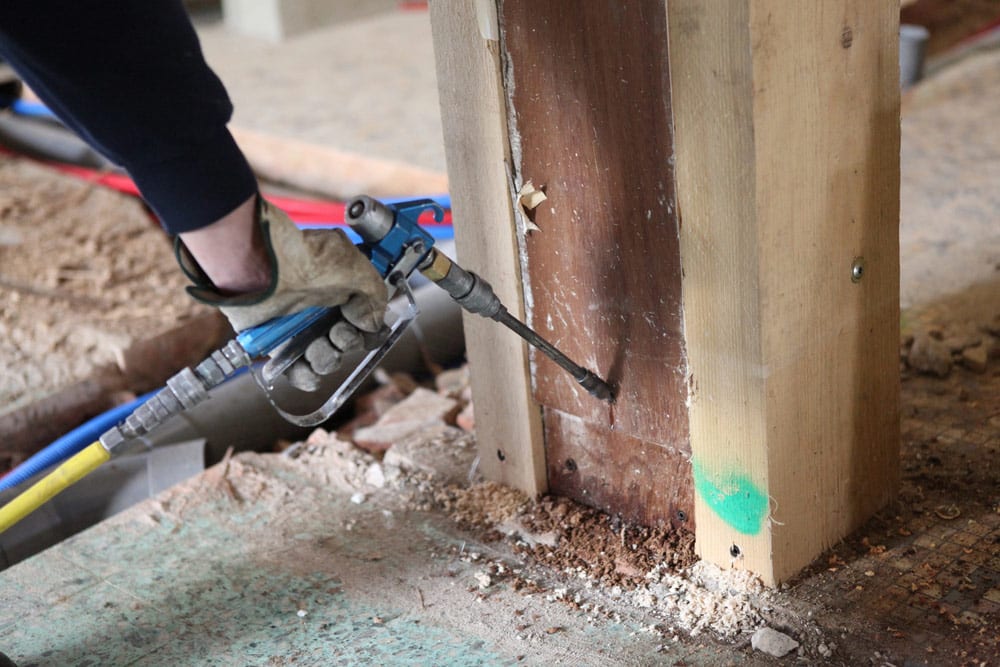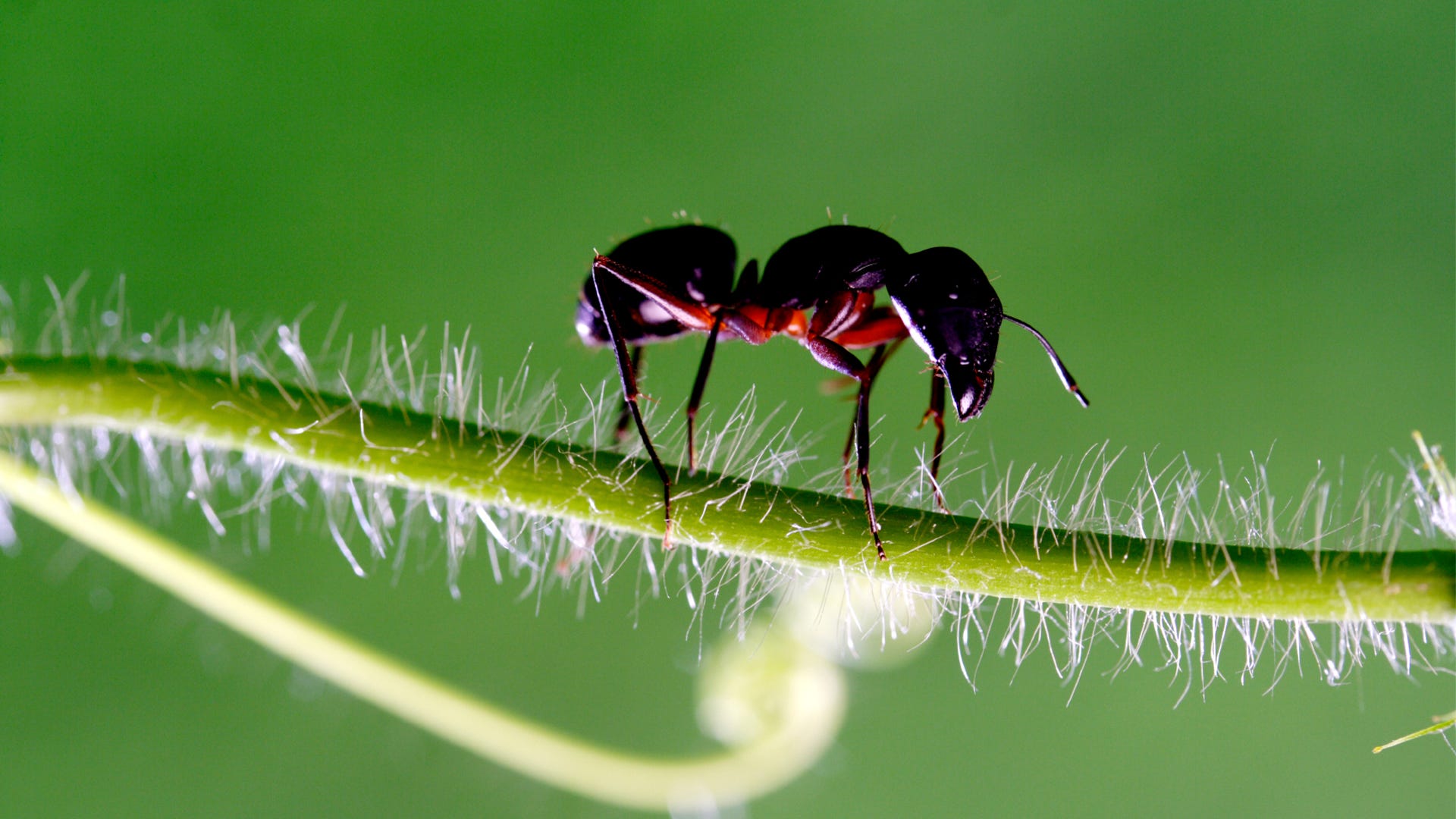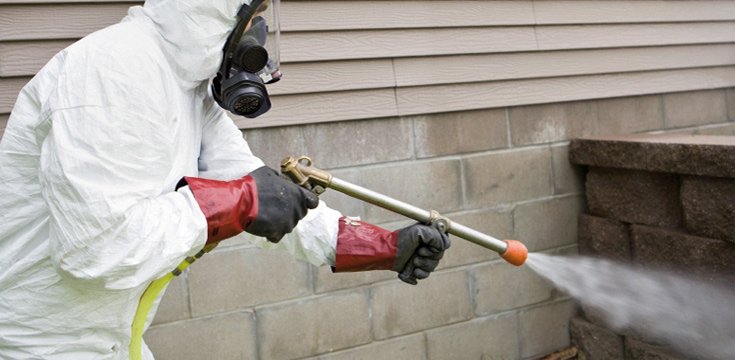Environmental Effect of Insect Control: Harmonizing Performance With Sustainability
The ecological influence of pest control is an important issue that requires a delicate equilibrium between attaining efficiency in handling pests and ensuring sustainability of our communities. As we make every effort to safeguard our plants, homes, and health from the threats positioned by insects, the methods we use can accidentally hurt the environment. From the use of hazardous chemicals that seep right into our soil and water to the unintended consequences on non-target species, the effects of standard bug control methods are far-reaching. There are arising techniques that supply hope for a much more lasting method to pest monitoring. These solutions not just purpose to deal with the prompt parasite problems yet likewise think about the long-term health of our world.
Hazardous Chemicals in Parasite Control
The application of hazardous chemicals in insect control postures considerable ecological and health dangers that require cautious consideration and mitigation strategies. Herbicides, insecticides, and chemicals are typically used to eradicate insects, however their extensive application can bring about unplanned consequences. These chemicals can contaminate dirt, water sources, and the air, impacting not just the targeted pests yet likewise helpful bugs, wild animals, and human beings.

To attend to these threats, integrated pest monitoring (IPM) strategies are being promoted as an extra lasting option. IPM includes a combination of techniques such as organic control, environment manipulation, and the targeted use of chemicals as a last resource (ant control marvinnc nc). By embracing an all natural method to pest control, we can lessen the environmental and health and wellness influences related to damaging chemicals while efficiently taking care of pest populaces
Effect On Non-Target Types
Thinking about the unintentional consequences of parasite control approaches, the effect on non-target species is a crucial aspect that calls for thorough analysis. While insect control steps aim to target specific pests, other organisms in the ecosystem might be accidentally affected. Non-target species, including valuable pests, birds, animals, and also plants, can endure straight or indirect harm from chemical applications or organic control techniques.
Chemicals can have sub-lethal or deadly effects on non-target species. Insecticides created to combat a certain insect parasite might damage pollinators like or all-natural predators such as ladybugs. Additionally, chemical deposits can gather in the setting, influencing non-target microorganisms gradually. Biological control agents, if not species-specific, can position risks to unintended targets, interrupting the ecological equilibrium.
To minimize the effect on non-target species, incorporated parasite monitoring (IPM) approaches that stress an all natural strategy to pest control are advised. These techniques focus on the usage of eco-friendly techniques, decreasing injury to helpful organisms while efficiently taking care of pest populations. Performing detailed threat assessments and keeping an eye on the results of insect control efforts are crucial actions in protecting non-target types and promoting total ecological community health.
Dirt and Water Contamination
Unexpected environmental consequences of parasite control approaches prolong past impacting non-target species, with significant implications for soil and water contamination. Chemicals, herbicides, and chemical fertilizers made use of in bug control can leach right into the soil and pollute groundwater, positioning a threat to both earthbound and water ecosystems. Dirt contamination can interrupt the balance of microorganisms essential for nutrient biking and plant growth, resulting in decreased dirt fertility and performance. These chemicals can continue in the atmosphere for prolonged periods, building up in the dirt and possibly getting in the food chain.
Water contamination is an additional vital problem connected with pest control practices. To minimize dirt and water contamination from bug control activities, integrated parasite monitoring methods that prioritize sustainability and reduce chemical inputs are essential.
Air Pollution From Pesticide Usage
Direct exposure to airborne chemicals throughout agricultural applications poses a significant issue for air pollution control steps. When pesticides are sprayed onto crops, they can volatilize into the air and type unpredictable natural compounds (VOCs) and other airborne toxins. These chemicals can add to the development of ground-level ozone, a significant element of smog that can have harmful impacts on human wellness, plant efficiency, and total air high quality. In addition, chemical drift, where chemicals are lugged by the wind to unintended locations, can cause the contamination of nearby environments and water bodies.

Approaches for Lasting Insect Control
In the world of agricultural techniques, carrying out sustainable pest control approaches is extremely important for preserving ecological equilibrium and protecting plant yields. Sustainable insect control emphasizes the use of eco-friendly methods to manage pest populaces successfully while reducing damage to non-target microorganisms and ecosystems. Integrated Pest Monitoring (IPM) is an extensively adopted approach that combines organic, social, physical, and chemical control approaches to attain lasting pest administration options.
One ant control kernersville nc secret approach in sustainable pest control is advertising biodiversity within agroecosystems. By boosting all-natural opponents of pests, such as predators and parasitoids, farmers can minimize the requirement for synthetic pesticides. Plant rotation and diversification are also reliable methods to interrupt pest life cycles and produce less positive problems for bugs to prosper. Additionally, making use of pest-resistant plant varieties and employing techniques like catch chopping can aid reduce parasite pressure without counting heavily on chemical treatments. Eventually, by integrating these sustainable bug control approaches, farmers can attain a balance between pest administration performance and environmental stewardship.
Verdict
To conclude, the ecological influence of bug control techniques need to be carefully taken into consideration to stabilize performance with sustainability. Damaging chemicals used in parasite control can cause soil and water contamination, air contamination, and injury non-target types - termite control services. It is crucial to apply sustainable insect control techniques to minimize these adverse effects on the environment and advertise a healthier ecological community for future generations
By taking on an alternative method to pest control, we can reduce the ecological and health and wellness effects connected with unsafe chemicals while successfully managing pest populaces.

To mitigate the air contamination created by pesticide usage, it is important to take on integrated bug management methods that focus on the use of non-chemical bug control approaches, such as crop turning, all-natural predators, and immune plant varieties. Sustainable parasite control emphasizes the usage of eco friendly approaches to handle parasite populations properly while minimizing damage to non-target microorganisms and ecological communities. Integrated Insect Monitoring (IPM) is a widely embraced strategy that incorporates biological, cultural, physical, and chemical control techniques to attain long-term insect administration solutions.